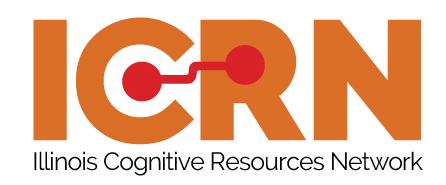Dementia Friendly Network Meeting
Dementia Friendly Network Meeting: Handling Transitions in Dementia The Rush Alzheimer’s Disease Center is pleased to invite you to our spring Dementia Friendly Network meeting. In this workshop we will discuss recognizing symptoms, common changes and how we all can support families living with Alzheimer’s disease or some form of dementia. We will also discuss […]
Dementia Friendly Network Meeting Read More »




